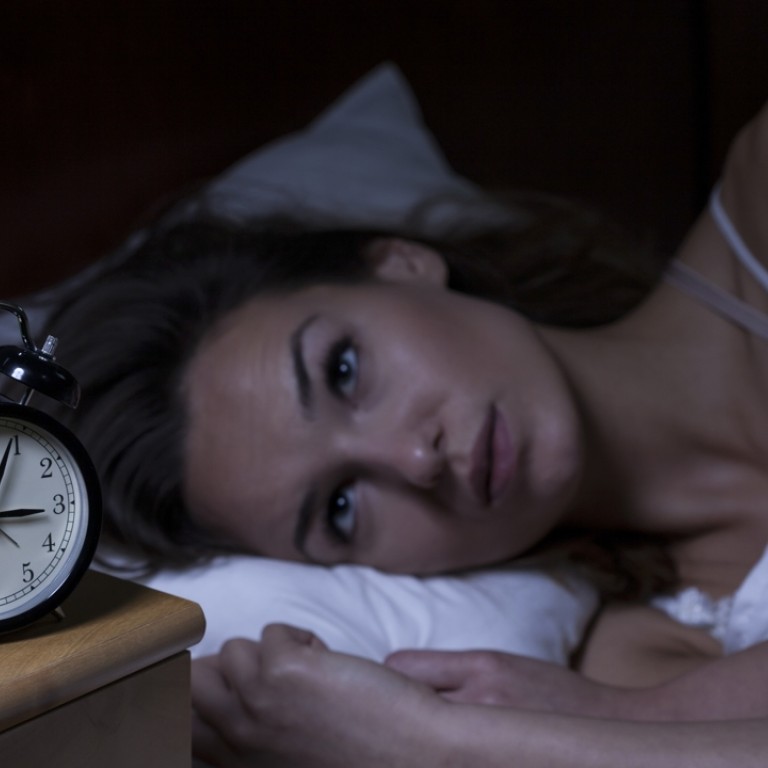
Review | Why what you eat, and when, determines how well you sleep
Low-fat, high-fibre meals eaten at the same time each day are associated with better sleep quality, and conversely, a diet high in fat and sugar with shallow, disrupted sleep - a finding with ‘tremendous health implications’, researcher says

Sleeping badly? You might want to go easy on the processed food and sweets.
Eating less fibre, more saturated fat and more sugar is associated with lighter, less restorative, and more disrupted sleep, according to a study in the Journal of Clinical Sleep Medicine.

READ MORE: Sleep deprivation linked to diabetes, but weekend lie-ins lower risk, study finds
The study showed that eating more fibre was likely to give participants more slow wave sleep, or deep sleep, which is marked by low heart and respiratory rates, extremely slow brain waves and a complete lack of eye movement or muscle activity. Slow wave sleep regenerates tissues, builds bones and muscle, recharges energy stores and strengthens the immune system.
In contrast, those who got a higher percentage of their energy from saturated fats were likely to spend less time in slow wave sleep. Greater sugar intake was also associated with more disturbed sleep.
READ MORE: Four ways lack of sleep can help make you obese
Study participants ate meals they chose themselves and meals provided by a nutritionist, which were lower in saturated fat and higher in protein than the self-selected ones. It took participants an average of 29 minutes to fall asleep after consuming foods and beverages of their choice, but only 17 minutes to fall asleep after eating controlled meals.
READ MORE: Sleep better and boost your energy with these self-massage moves
“The finding that diet can influence sleep has tremendous health implications, given the increasing recognition of the role of sleep in the development of chronic disorders such as hypertension, diabetes and cardiovascular disease,” says principal investigator Marie-Pierre St-Onge.
READ MORE: Deprived sleepers four times more likely to catch a cold: new study
The study involved 26 adults – 13 men and 13 women – aged between 30 and 45 years (average age 35 years) and who had a normal weight. All participants also habitually slept seven to nine hours a night.
During five nights in a sleep lab in midtown Manhattan called Clinilabs, participants spent nine hours in bed, from 10pm to 7am, and slept for an average of for seven hours 35 minutes per night.

Sleep data was analysed from their third night in the lab, after three days of controlled feeding, and their fifth night, after one day of eating whatever they liked whenever they liked.
During the periods of controlled feeding, meals were served at 8am (breakfast), noon (lunch), 4.30pm (snack) and 7pm (dinner). Participants ate according to their individual energy requirements. Each meal provided 30 per cent of daily energy requirements and the snack provided the remaining 10 per cent.

Caffeine intake throughout the study was limited to one coffee beverage per day, with breakfast.
According to the authors, the study suggests that diet-based recommendations might be used to improve sleep in those with poor sleep quality. However, further studies are needed to evaluate this relationship.
“This study emphasises the fact that diet and sleep are interwoven in the fabric of a healthy lifestyle,” says American Academy of Sleep Medicine President Dr Nathaniel Watson, who was not involved in the study. “For optimal health it is important to make lifestyle choices that promote healthy sleep, such as eating a nutritious diet and exercising regularly.”

